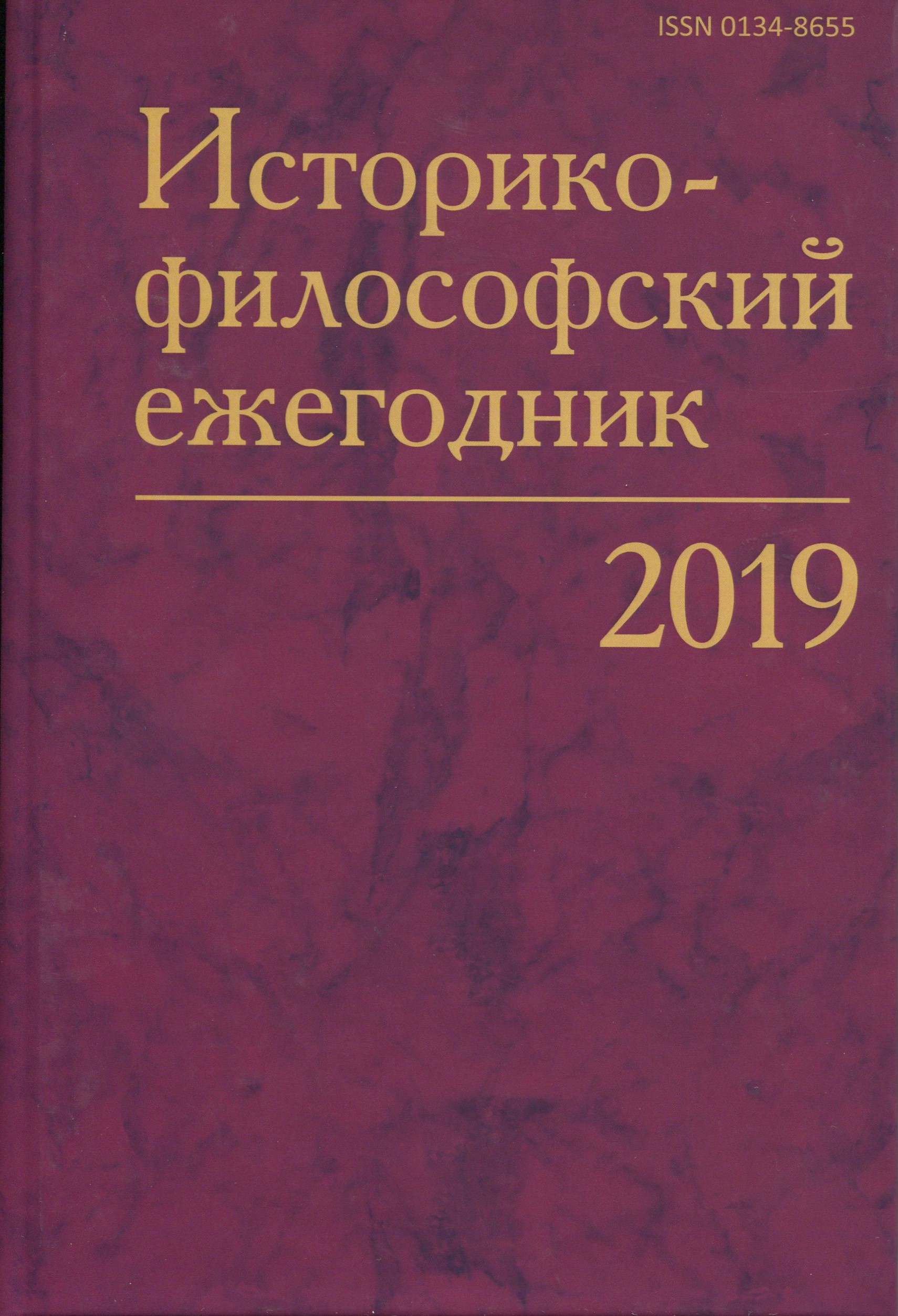Cognitive mechanism in late scholastic Aristotelianism and natural cognition of God
Keywords:
natural cognition of God, species impressa, Aristotelianism, blessed vision, freedom of GodAbstract
The article considers the possibility of natural cognition of God in the cognitive paradigm of aristotelianism, in the context of post-medieval theology (Suárez, Hurtado de Mendoza, Pedro de Arrubal etc.). As aristotelian tradition rejects infusion of ideas into the human mind, the question is raised as follows: is it possible to know God through adopting God’ species impressa, which in natural cognitive process serves as a vehicle to transport information about objects to the intellect and depends from objects in its genesis? It is shown that in earthly life we form a concept of God using species of material things, according to general scheme of knowing nonsensible things through mental construction. In the condition of separation from bodies, instead, souls know God through a direct activation of their intellectual potency by God himself. The article concludes stating that the theological topic of cognition of God by blessed souls concentrates in itself many relevant questions from the philosophical and historical point of view.

